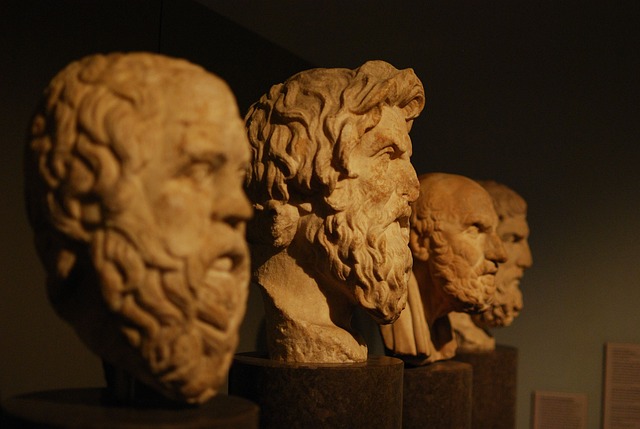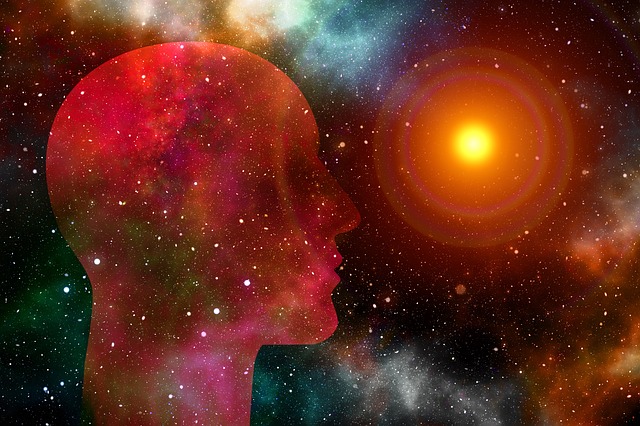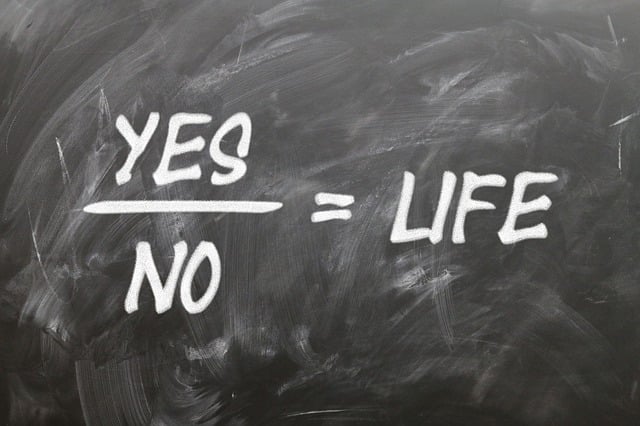【Philosophy】African philosophy cannot be a thing
This essay unpacks several arguments about the metaphilosophic nature of African philosophy and charts a way through the problems these arguments enco... [more]
This essay unpacks several arguments about the metaphilosophic nature of African philosophy and charts a way through the problems these arguments enco... [more]
I use the concept of epistemic injustice to think through the practice and methodology of comparative, or fusion, philosophy. I make two related claim... [more]
The launching of philosophical pursuits undertaken in an East-West trajectory at the first East-West Philosophers' Conference in 1939 represents a turning point in philosophy. However, as groundbreaking as this approach was, it left out all philosophical
The purpose of the scientific article is a comparative analysis of the philosophy of consciousness in the context of Western and Eastern theory. In the process of the three stages of scientific research, the authors used general scientific and unique meth
The historian Ibn Khald & uacute;n (d. 1406 ) is most often treated by historians of philosophy as part of the story of political philosophy in the Islamic world. While this is perfectly legitimate, it may be misleading when it comes to the question of th
This text analyzes the discussions that have arisen in the context of the RussiaUkraine war. The subject of the analysis is the debate taking place in the Ukrainian intellectual sphere and its polemic with certain tendencies in the West towards understand

In this article, I briefly explore how theoretical linguistics and philosophy are interconnected. I focus on three possibilities, and argue that the fields are most harmonious when utilised in critical reflection of a particular target, a format officiall
Comment on Philip Kitchers What is the Use of Philosophy, arguing that while Kitcher is right to insist on the practical relevance of philosophy one should be careful to distinguish this view from an instrumental understanding of philosophy. Maybe philoso
The author of the article asks the question: is there a contradiction between the stated theme of the XXV World Philosophical Congress (Rome, 2024) Philosophy beyond borders and the principle of cosmopolitanism mentioned in the congress program documents?
This paper argues for a broad definition of philosophical sources and how Indigenous traditional knowledge fits that definition. It concludes by showing how, following the previous two points, an Indigenous document such as the Huarochir & iacute; Manuscr
This essay is an attempt to determine what Robert Bernasconi's body of work in Critical Philosophy of Race can teach us about the way in which we, philosophers and professors of philosophy, ought to treat our institutional heritage. What should we make,

The world is a comprehensive concept of the area of external experience in which all objects appear as external to our consciousness. It is also the area of becoming, transience and disappearance, resp. of birth, life and death (physiology, philosophical

To step up the activity level of academic philosophizing, Teaching World Philosophies will propose that one first engage in a thorough housecleaning before teaching world-philosophical traditions today. In the path that will be sketched as an example in t

The article examines the figure of Henri Bergson as a philosopher of science and the relevance of his ideas for modern philosophy of cosmology. In the first part, Bergson's philosophy is analyzed based on the classification of philosophical approaches to

'Philosophy of religious studies' is one possible name for a type of normative practice that has always been an inseparable part of that discipline itself. It is neither part of philosophy of religion nor an over-arching discipline that looks down in ju
Comparative to the commonplace focus onto developments in mathematics and physics, the life sciences appear to have received relatively sparse attention within the early history of analytic philosophy. This paper addresses two related aspects of this phen
Comparative philosophy is an important and growing field. Increasingly, philosophy instructors are looking to offer philosophy courses that span more than just one regional culture. Developing a syllabus for a course in comparative philosophy for the firs